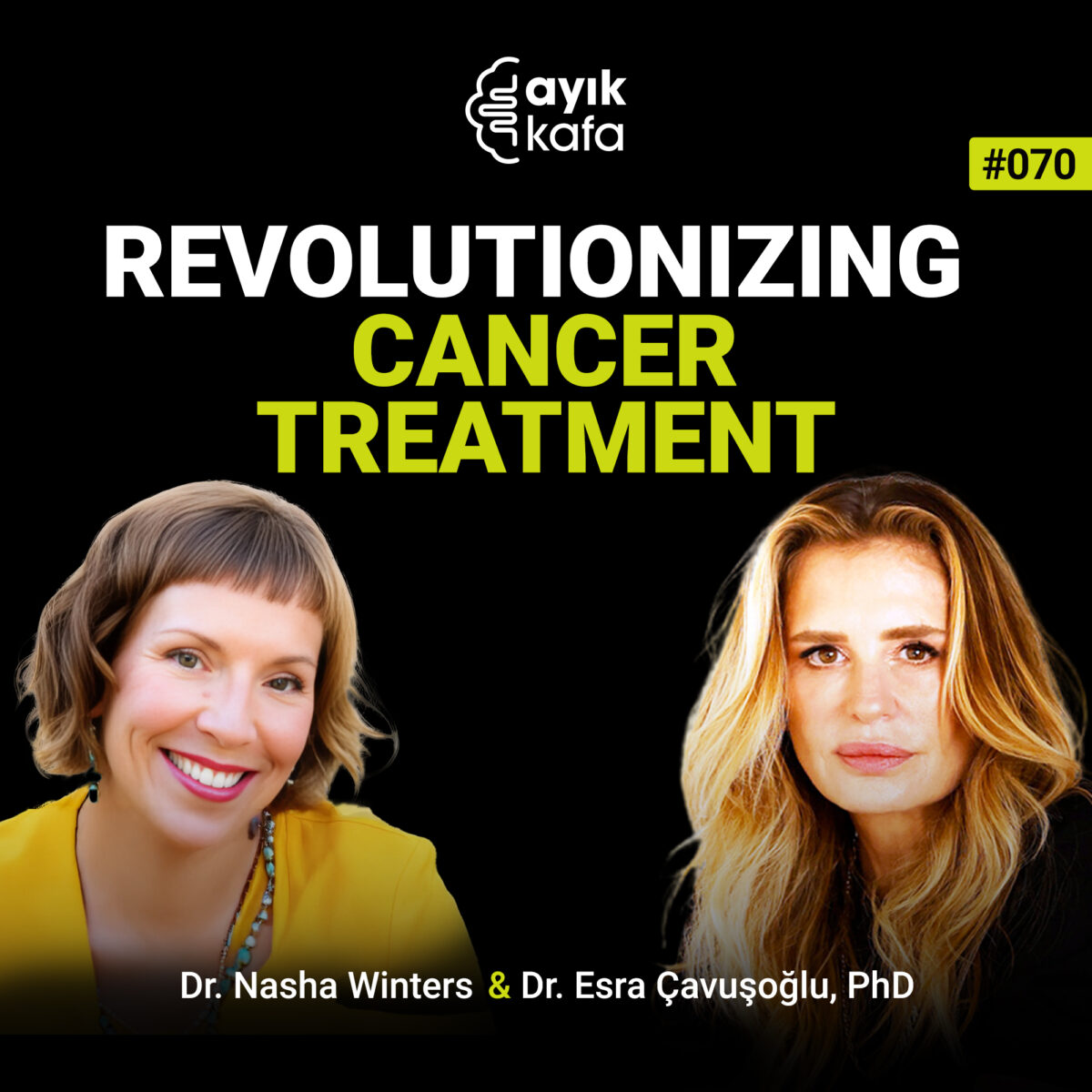She highlights the role of mitochondria in cellular health, the impact of environmental toxins, and the significance of hormonal balance. She introduces her methodology, which identifies ten major drivers of mitochondrial dysfunction, and discusses various treatment modalities that can help patients thrive rather than just survive. In this conversation, Dr. Nasha Winters discusses her personal journey with cancer and recovery, emphasizing the importance of understanding the impact of trauma, environmental factors, and lifestyle choices on health. She introduces the concept of the ACE (Adverse Childhood Experiences) score, its correlation with cancer risk.
She advocates for a patient-centered approach to cancer treatment. She highlights the balance between oxidative and nourishing therapies in cancer care, and the need to reprogram cancer cells to enhance treatment efficacy. She also discusses the profound impact of standard cancer treatments on mitochondrial health, emphasizing the need for a shift in mindset post-treatment. She explores the interplay between genetics and lifestyle choices in cancer susceptibility, advocating for a holistic approach to health that includes emotional intelligence and environmental awareness.
She shares her vision for a new standard of care in oncology, focusing on data-driven solutions and the importance of creating a supportive healing environment.

